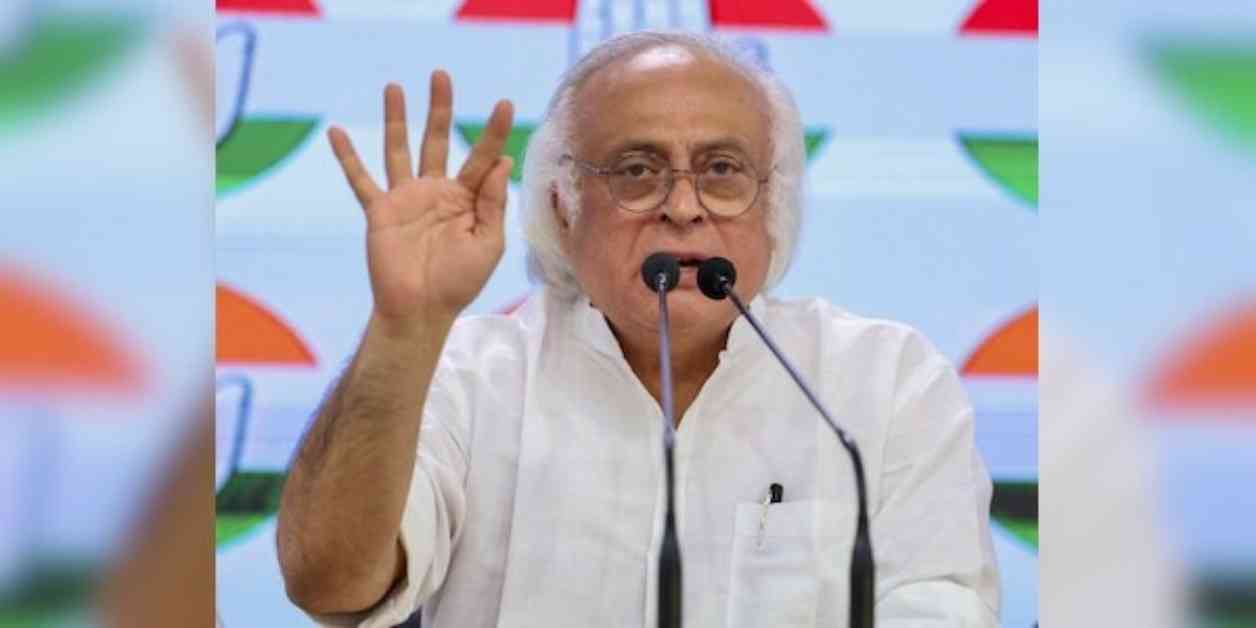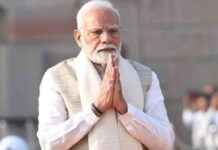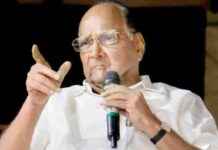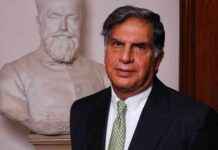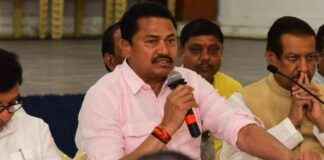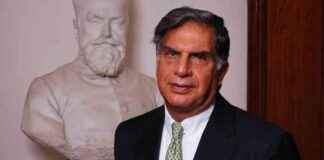**Congress Criticizes PM Modi’s Remarks on Communal Civil Code, Labels It an Insult to Ambedkar**
The Congress party has strongly criticized Prime Minister Narendra Modi’s recent remarks on the need for a “secular civil code” in India. The party called the PM’s statement about the existing laws being a “communal civil code” a “gross insult” to B R Ambedkar, the architect of the Indian Constitution. The Congress alleged that Modi’s comments were filled with malice, mischief, and a distortion of history.
In his Independence Day speech from the Red Fort, Modi emphasized the importance of a secular civil code, stating that the current laws were discriminatory and divisive. He urged for a shift towards a secular approach to ensure equality and unity among all citizens.
**Congress’s Response to Modi’s Remarks**
Reacting to Modi’s speech, Congress general secretary Jairam Ramesh expressed deep disappointment with the PM’s characterization of the existing civil code. Ramesh highlighted Dr. Ambedkar’s pivotal role in advocating for reforms in Hindu personal laws that aimed to eliminate discrimination and promote equality. He emphasized that labeling the current laws as “communal” was a disrespectful portrayal of Dr. Ambedkar’s efforts towards social justice.
Ramesh also referenced a consultation paper by the 21st Law Commission, which emphasized the importance of addressing discriminatory laws without necessarily imposing a uniform civil code. The document stressed the significance of recognizing and celebrating the diversity of Indian culture while ensuring that marginalized groups are not disadvantaged in the process.
**Critique of Modi’s Statement**
The Congress party criticized Modi’s assertion that a secular civil code was the need of the hour, arguing that such a move was not only unnecessary but also undesirable at this stage. Ramesh pointed out that many countries around the world were embracing diversity and acknowledging differences as a sign of a vibrant democracy. He quoted the Law Commission’s consultation paper, which highlighted that the mere existence of differences did not imply discrimination, but rather reflected the richness of a pluralistic society.
Ramesh reiterated that Dr. Ambedkar’s vision of inclusive reforms in personal laws was a significant milestone in India’s journey towards equality and social justice. He emphasized the importance of upholding Ambedkar’s legacy and ensuring that all citizens were treated with dignity and respect under the law.
**Concerns over Communal Divide**
The Congress party raised concerns about the potential for communal tensions and divisions to escalate if a secular civil code was enforced without considering the complexities of India’s diverse society. Ramesh emphasized the need for a nuanced approach that respected cultural and religious differences while upholding the principles of equality and non-discrimination.
He cautioned against rushing to implement a uniform civil code that could inadvertently marginalize certain communities and undermine the country’s secular fabric. Ramesh called for a comprehensive and inclusive dialogue on legal reforms that prioritized social harmony and respect for individual rights.
**Path Towards a Secular Society**
In his address, Prime Minister Modi underscored the importance of transitioning from a communal civil code to a secular one to eliminate religious-based discrimination and foster a sense of unity among all citizens. He emphasized the need for laws that promoted inclusivity and equality, transcending divisive lines based on religion or community.
Modi’s vision for a secular civil code aimed to bridge the gap between different religious communities and create a more cohesive society. He highlighted the potential benefits of moving towards a secular legal framework that respected individual rights and promoted a sense of shared citizenship among all Indians.
**Conclusion**
The debate over the need for a secular civil code in India has reignited discussions on the country’s legal framework and its implications for social cohesion and equality. While Prime Minister Modi’s call for a secular approach has sparked controversy, the Congress party’s critique underscores the complexities of balancing religious freedoms with the principles of equality and non-discrimination.
As India navigates its path towards legal reforms, it is essential to consider the diverse perspectives and voices that shape the country’s social fabric. Dr. Ambedkar’s legacy of advocating for inclusive reforms serves as a guiding light in the quest for a more just and equitable society for all Indians.
